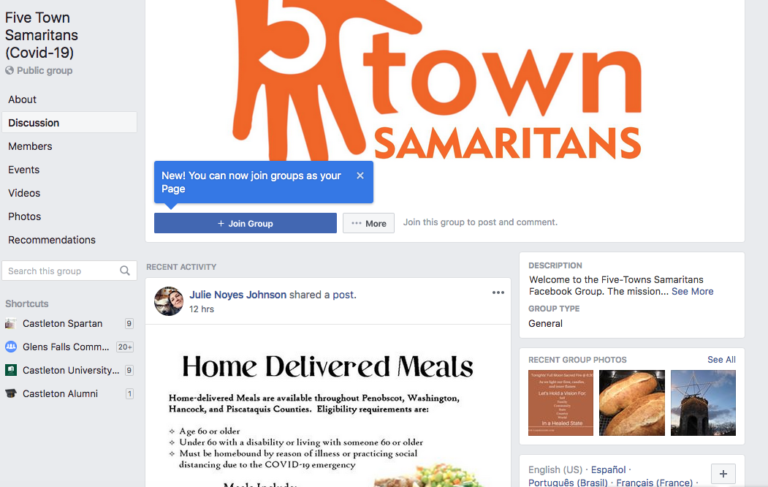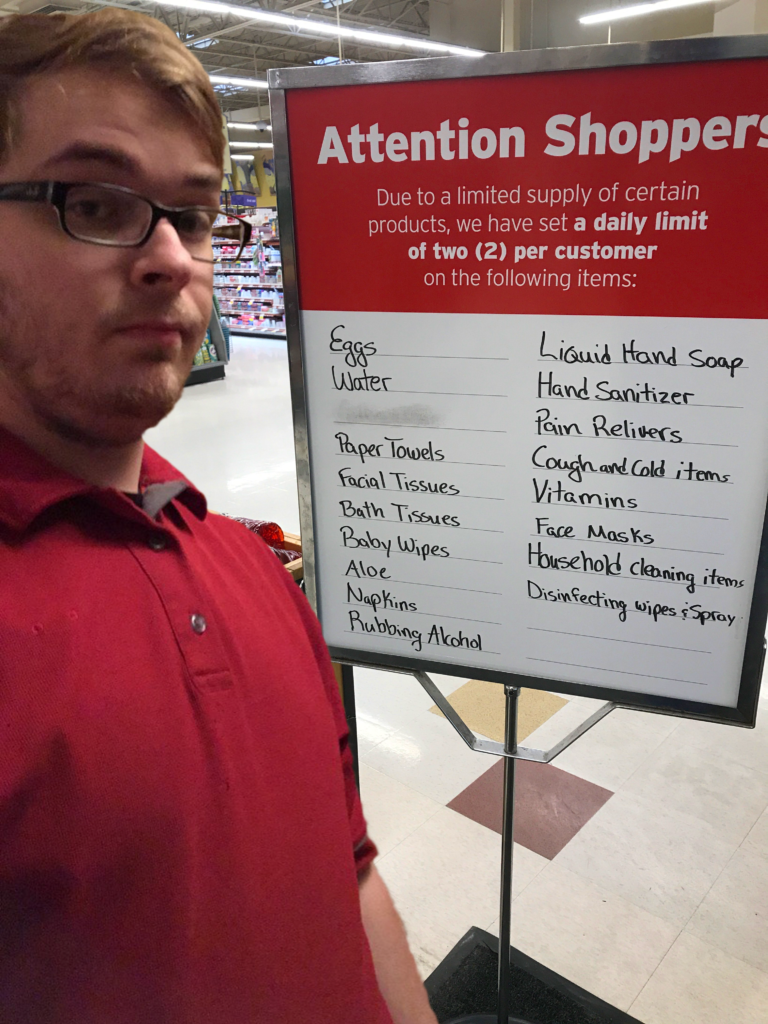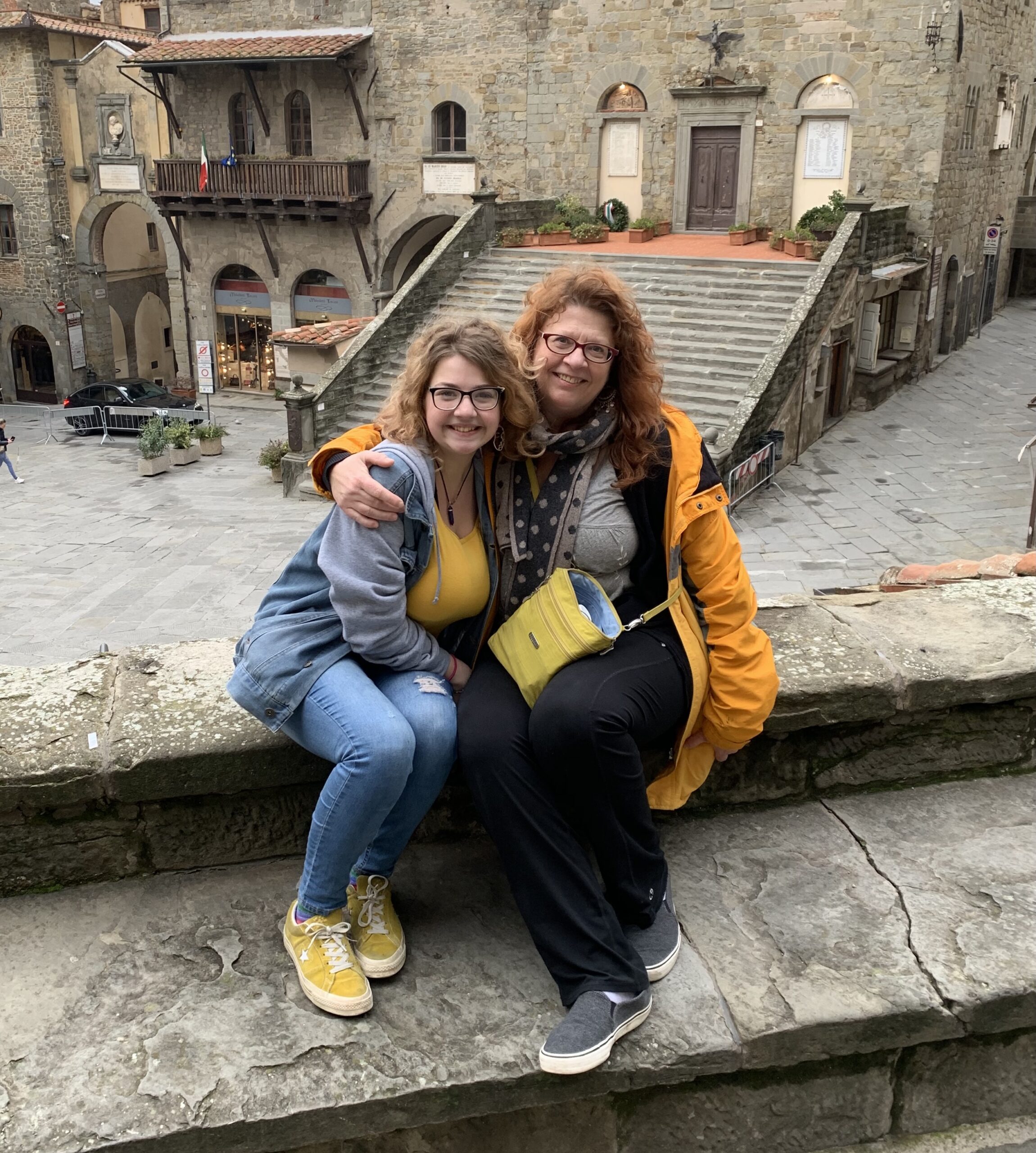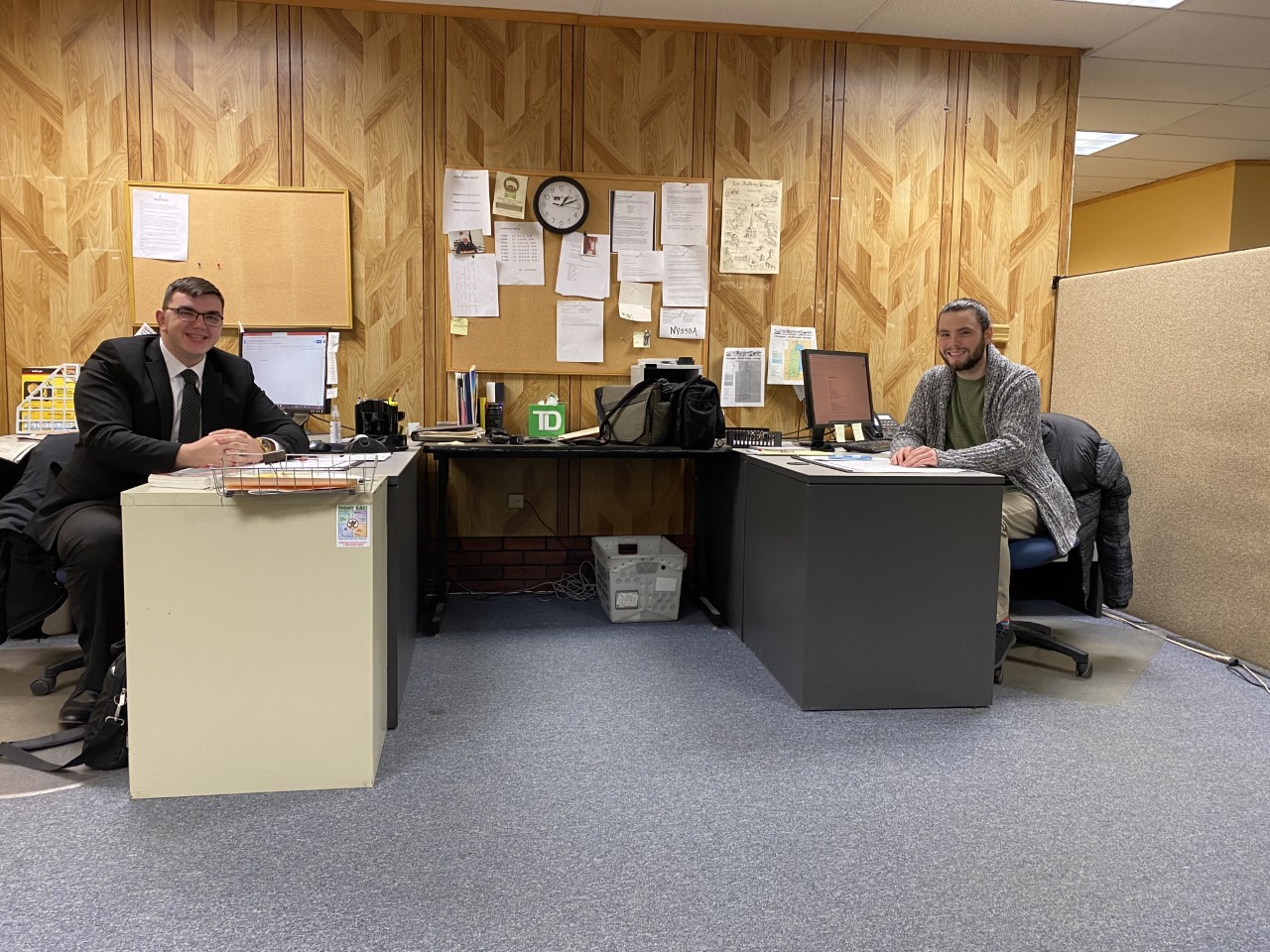Campus Complementary Alternative Medicine Query
I just wanted to get them talking and actively listening, devoid of our seductive devices.
So, during December of 2017 and 2019, I asked 38 members of the “Introduction to Complementary Alternative Medicine (CAM): Moving Toward Integrative Healthcare” course to wield a one-on-one, in-person survey with students, faculty and staff. Five responses were sought and collectively a sample size of 180 was garnered.
Castleton’s Amanda Richardson, was initially consulted for survey input and the work was led by students Caitlin Houston, Kat Hogan, Morgan Cramer, Alyssa Choquette and Stasia Tucker.
One of the main goals was for students to purely interact with their peers conversationally on this valuable topic, because so much of the success within CAM is having the conversation to unpack and vet the story about one’s current health issue or challenge.
And lastly, in 2017, it was to engage dialogue about “Oriental/Chinese Medicine” in honor of the visiting Chinese faculty on our campus.
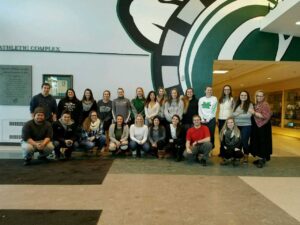
Here’s what we found:
* 48% (2017) said they believe in CAM; which increased to 56% in 2019.
* 38% of those surveyed said acupuncture was what came to mind when asked about “CAM.”
* 17% said meditation comes to mind when considering CAM
* 8% went on further to say it was helpful for managing stress, increasing relaxation and an aid to improving mental and emotional states.
* 13% responded that CAM is a practical treatment when modern “western” medicine isn’t effective.
* In 2017, 36% specifically said they did NOT believe in CAM, which decreased to 31% in 2019.
* 21% people polled said they would need more evidence/information about CAM and its effectiveness to believe that it works.
* For those who have tried it, most utilize massage, bodywork, acupuncture, and aromatherapy (essential oils).
* Many people would consider engaging if they had more access to it; and if it was cheaper, and if there was more education on it.
* There was a lot of interest in therapeutic massage, certificate programs and more classes on the topic to compliment the MFR course offered.
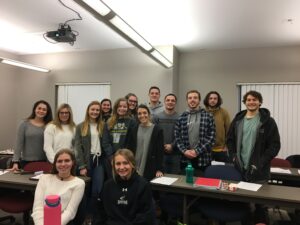
If we ignited one person’s thoughts on this topic, to me it was all worth it. Plus, it is clear from the data, that we have a lot of room for
continued instruction around modalities. CAM is a vast topic, like any other.
One thing is for sure though, when I think of “traditional” medicine, these are the modalities that come to mind, because of thousands of years of proof. Further, that knowledge is power. There are oodles of double blind studies and peer reviewed research out there to peruse. Right at this very moment, one-third of U.S. population uses CAM!

